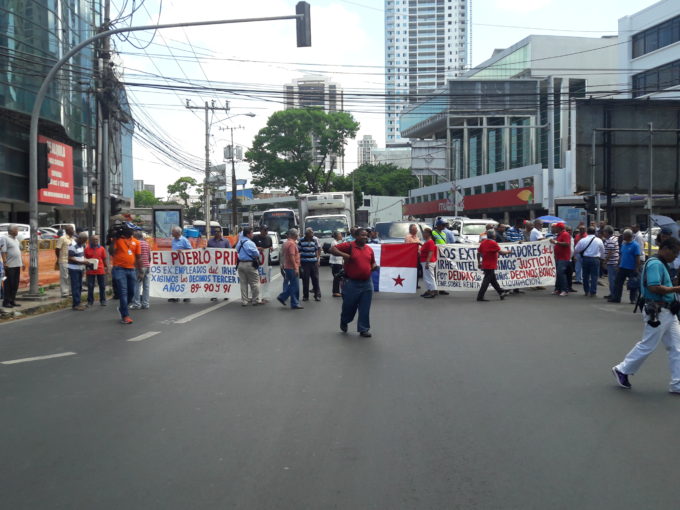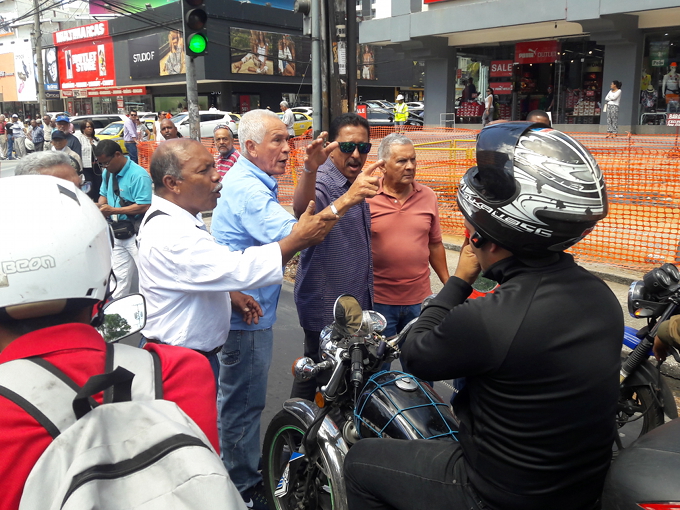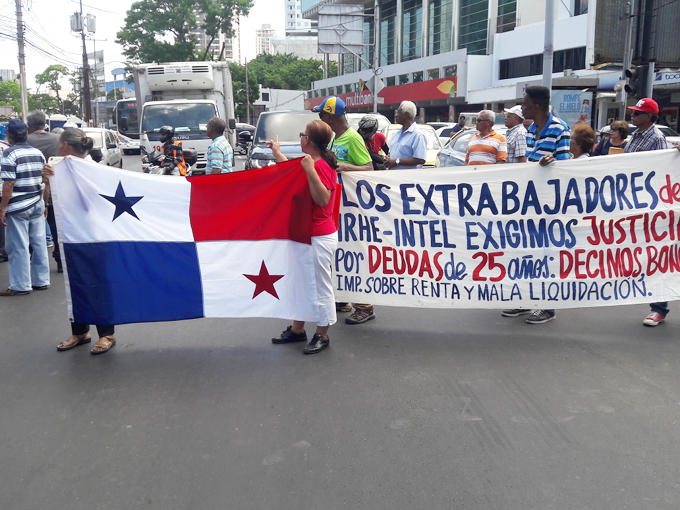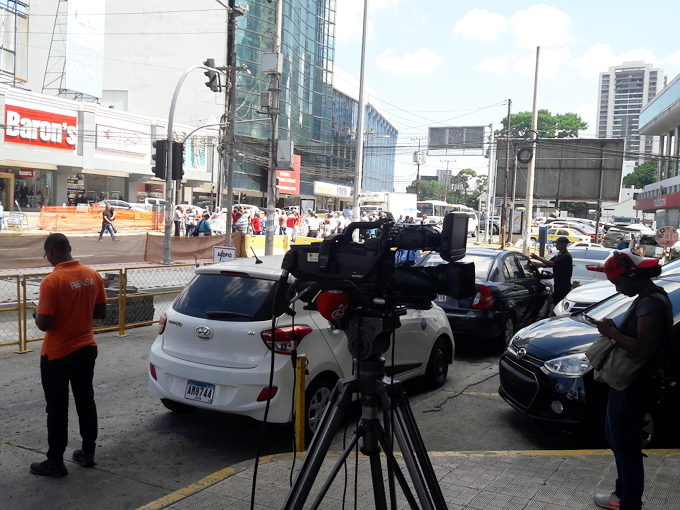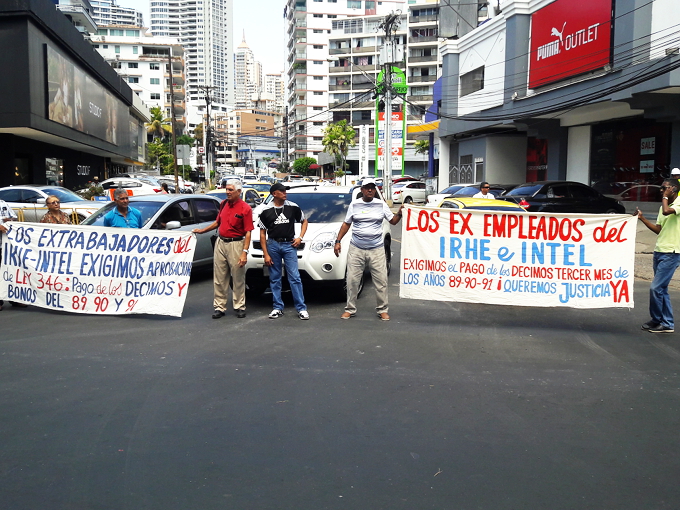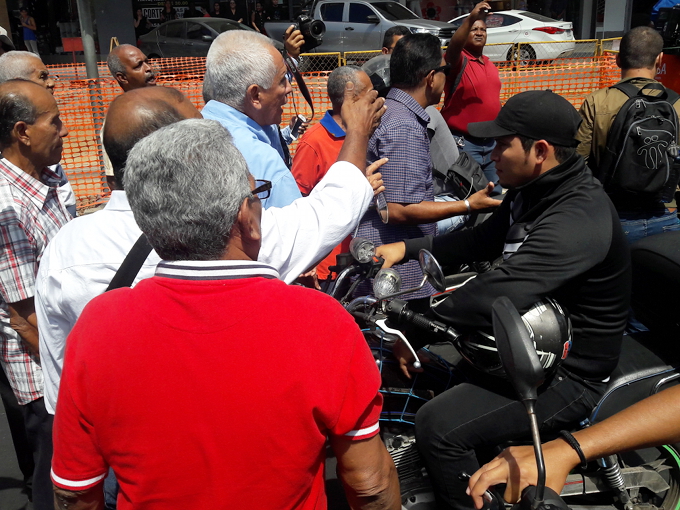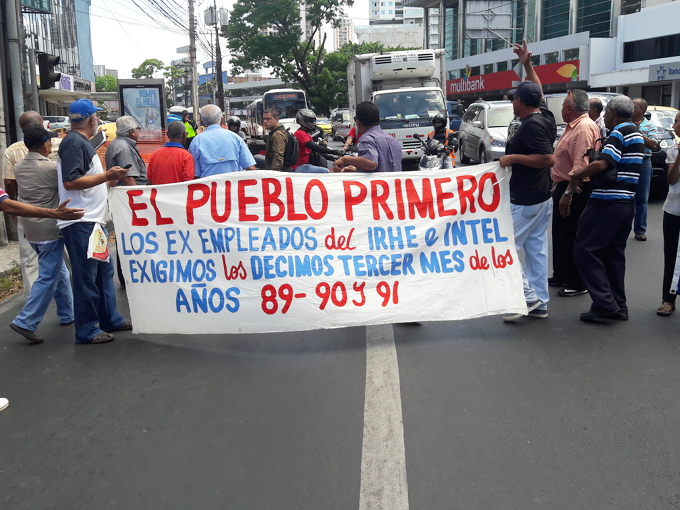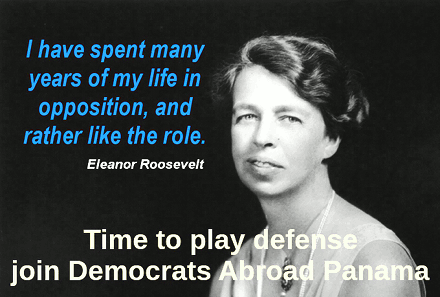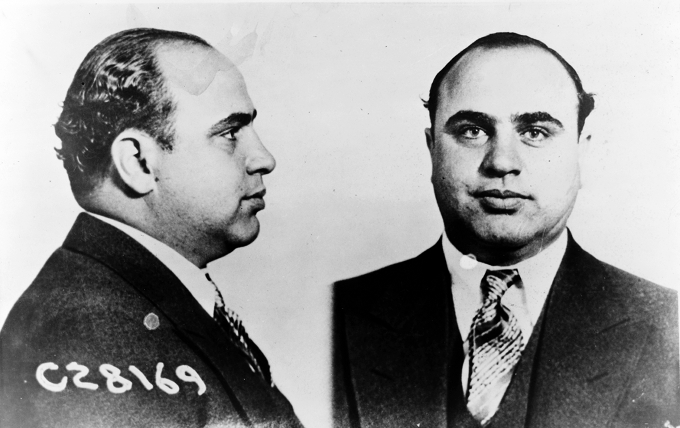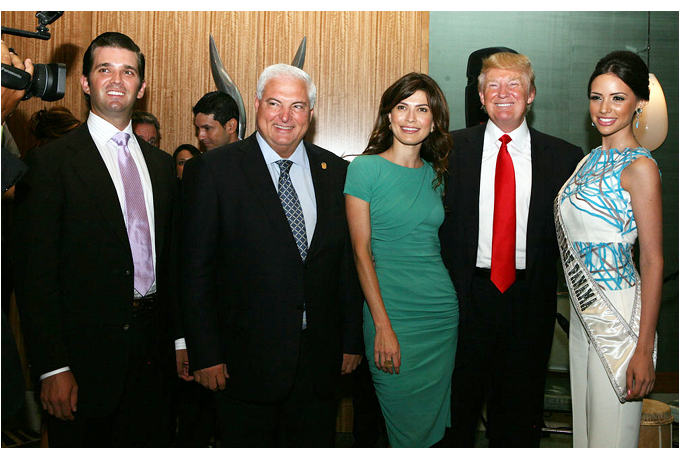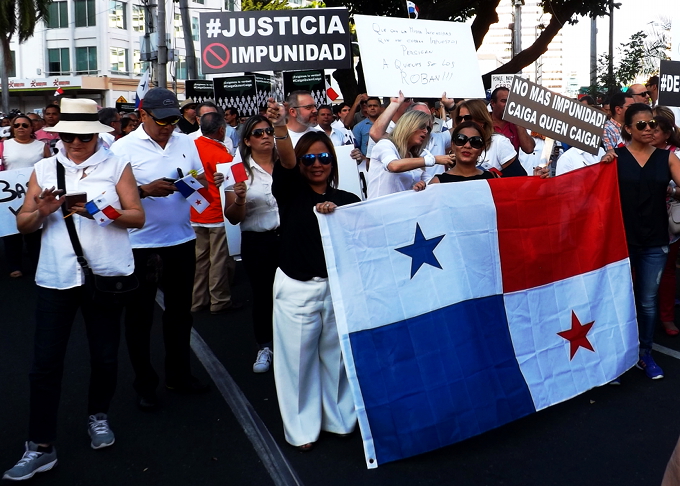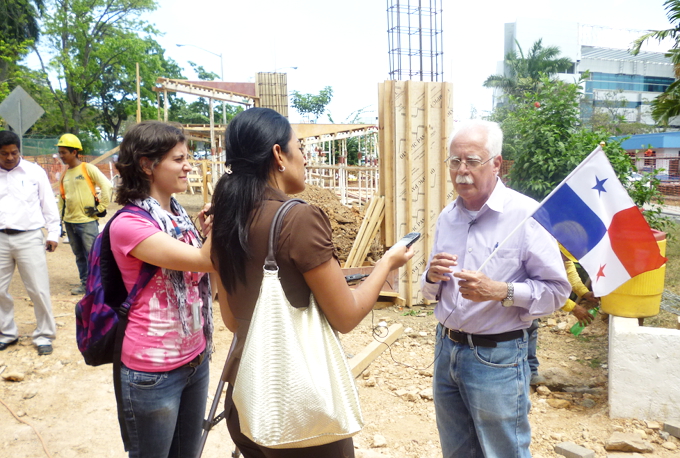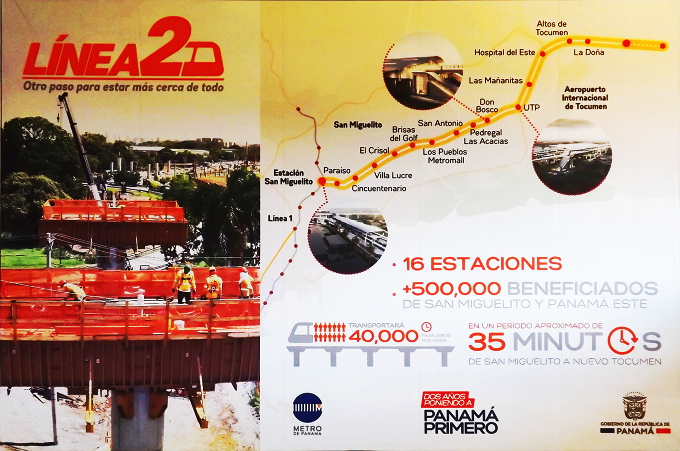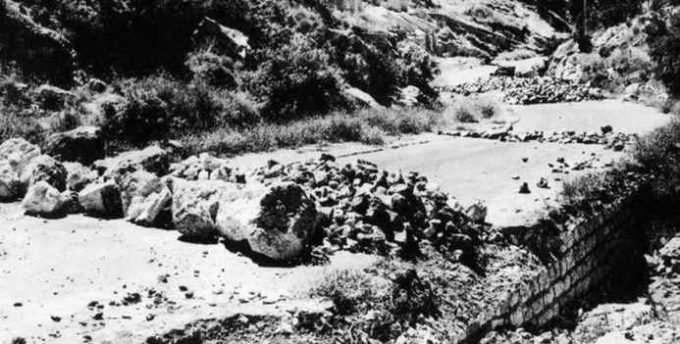
Los tres poderes del Estado en acciones comprometedoras
por Olimpo A. Sáez M.
La crisis que vive el país por los sobreprecios, que sabemos y no conocemos en cifras concretas, como tampoco las coimas repartidas a unos y otros por la constructora Odebrecht, se ha afiebrado con las declaraciones del abogado Ramón Fonseca Mora. Las mismas llegan a los tres poderes del Estado en acciones comprometedoras:
- El Presidente recibió dineros de Odebrecht.
- El Presidente impuso al Magistrado Ayu Prado como Presidente de la Corte Suprema de Justicia por ser manejable.
- Popi Varela y Beby Valderrama, diputados oficialistas, conocen de las intervenciones del Ejecutivo en el Judicial y en el Legislativo.
Estas declaraciones tormentosas, tienen a su favor las delaciones premiadas en Brasil, Suiza y USA, por las cuales conocemos de las coimas millonarias entregadas a panameños, de los cuales solo se conocen unos nombres, porque el Ministerio Público camina a pasos de selectividad y muchos creemos que de complicidad con muchos de los que deben estar presos y sus bienes cautelados, por el robo descarado de los dineros del pueblo.
A raíz del problema de Odebrecht que crece y se agiganta en Brasil, Colombia y Perú, con posibilidades de tumbar gobiernos, siguen provocando indignación en la ciudadanía de estos países. Panamá no es el único que está en el ojo de la tormenta, pero si es el que va más despacio en las averiguaciones con respecto a los responsables del robo millonario por las coimas entregadas.
Esta tormenta y sus fuertes remezones hacen crisis en el Gobierno Nacional y es lógico que los políticos, gremios, sociedad civil y ciudadanos en general empiecen a buscar soluciones políticas a la misma, si ella se sigue agravando y la ciudadanía sale de sus mecedoras y hamacas y se decide a reclamar sus derechos y a ejercer sus deberes. A raíz de esas voces legítimas que aparecen en la sociedad, se ha iniciado igualmente por algunos medios de comunicación y entre algunos ciudadanos, la especie, mal informada, confusa y quizás dirigida por el Gobierno de que esas propuestas, se prestan para que los “pescadores políticos pesquen en esas aguas turbias”. Se inicia pues, una campaña de desinformación, a mi parecer, de buena o mala fe, en señalar que los movimientos cívicos de protestas o las propuestas de algunos ciudadanos con respecto a la crisis que estamos viviendo son para “pescar en río revuelto”.
Creo que los políticos, sean del signo que sean, lo mismo que los ciudadanos tienen la responsabilidad de pensar y actuar frente a la crisis con valor, con coraje pensando en el país. Los oportunistas políticos del pelaje que sean, se les conocerá en el camino. El pueblo no es tonto, por no decir pendejo.
Entre las opciones o sugerencias que han aparecido para enfrentar la crisis están las siguientes:
- La renuncia del Presidente.
- El Juicio del Presidente por la Asamblea de Diputados.
- La Vicepresidenta debe asumir la Presidencia por los dos años y medio que faltan del período constitucional.
- Renuncia del Presidente y la formación de una Junta de Gobierno.
- El llamado a la Constituyente Originaria.
- El asalto al poder por parte del SUNTRACS, FRENADESO y el FAD.
- Esperar el 2019 para ir nuevamente a las urnas y sacarnos el clavo.
¿Cuál es el pecado de estas fórmulas? ¿Cuál es el Golpe de Estado? ¿Cuál es la revolución? ¿Cuál de ellas acabará con el país y con los negocios en Panamá? Eso lo debe decidir la ciudadania y los panameños en su conjunto.
Creo que estamos lejos todavía de encontrar en la ciudadanía en general alguna fórmula viable a la crisis. Creo que debemos trabajar en alguna fórmula posible, viable, cierta y unitaria para estar presente en la profundización de la crisis. Creo que solo la unidad en la diversidad podrá ayudar a resolver la crisis. Sin sectarismo político ni ideológico. Lejos está el Asalto al Cuartel Moncada, la toma del Palacio de Invierno, la Gran Marcha y que decir de la “revolución bolivariana de Hugo Chávez” para Panamá.
Por ahora, la ciudadania debe protestar una y otra vez, aquí y por allá, para exigirle al Gobierno transparencia y al Ministerio Publico que la justicia sea igual para todos, CAIGA QUIEN CAIGA.
A estas alturas del juego, ya nadie se engaña ni lo engañan y todos queremos:
- Justicia igual para todos. Caiga quien Caiga!
- Los ladrones coimeros y coimeados a la cárcel.
- Devolución de todos los dineros robados, que son millones de millones.
- UN ROTUNDO NO A LA IMPUNIDAD.
Los fantasmas del desastre, los augurios de la ruina nacional, los profetas del caos y el desorden, los voceros del miedo, deben ser rechazados por los ciudadanos pensantes. Los “pescadores en río revuelto” es una campaña para crear miedo y parálisis entre la ciudadanía. Otras crisis se han vivido y sufrido y Panamá la ha superado.
Llegó la hora de la ciudadania, de la vergüenza cívica, de la vergüenza nacional. Solo las calles nos salvarán.
~ ~ ~
Estos anuncios son interactivos. Toque en ellos para seguir a las páginas de web




